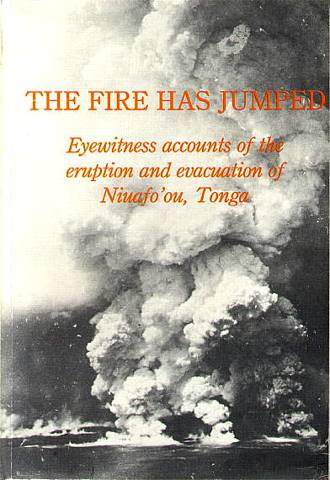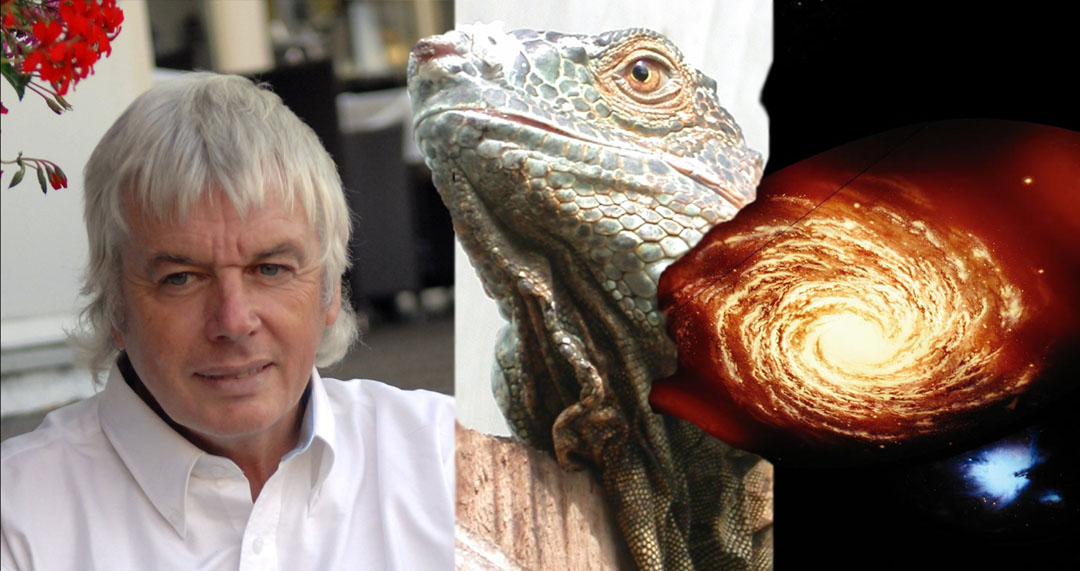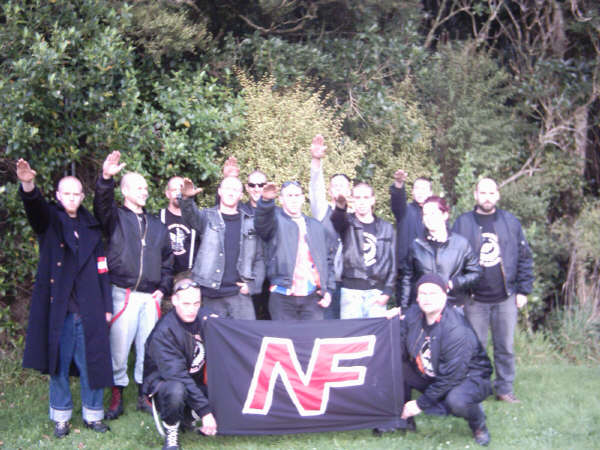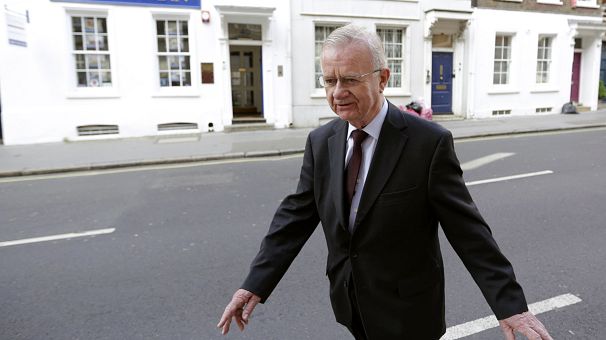Kendrick Smithyman's rebuke to Trump
Donald Trump's presidential campaign has helped make the term 'white nationalism' fashionable, if not quite respectable. Political commentators of both the left and the right have noted Trump's popularity with white, working class Americans angry at their country's deindustrialised economy and darkening demographics.
Trump has repeatedly retweeted messages and slogans from white supremacists, and in the lengthy and combustible comments threads at sites like Breitbart and Pajamas Media many of his supporters have defined themselves as white nationalists, and decried liberals and leftists as 'traitors' to the white race.
What very few white nationalists seem to sense is the fragility and historical shallowness of the racial category they use to define themselves. The Northumbrian scholar Alistair Bonnett has spent a good part of his career studying the labels 'white' and 'whiteness'. Bonnett has shown that, before the nineteenth century, few Europeans defined themselves in racial terms. If any pan-European identity existed, then it was premised on religion, rather than race. When the Crusaders marched east, they saw themselves as warriors for Christendom, not fighters for a white race.
Even after pseudo-scientific ideas about race became popular in the middle of the nineteenth century, many members of Europe's elites tended to see the continent's working classes and peasantry as non-white. In his essay 'How the British Working Class Became White', Bonnett describes the reaction of newspapers to a working class riot in Southampton in 1866. The rioters were characterised as 'negroes', and contrasted with the white 'gentlemen' whose businesses they attacked. A century ago some of Britain's upper classes still saw the working class of their country as a different and inferior race, closer genetically to the Indians and the Africans than to the Windsors.
Commentators have criticised Trump's tendency to make unjust generalisations about diverse minority groups, like America's black and Muslim communities. But few have noted that Trump is guilty of homogenising and stereotyping America's 'white' population, as well as its minorities. 'White' Americans come from a plethora of cultures, and it is not long since some of these cultures were viewed as both backward and dangerous by the country's Anglo-Saxon establishment. In his marvellous film Jungle Fever Spike Lee reminds his audience of the Italians who were lynched along with blacks in Louisiana. As a brilliant high school student recently proved, Irish as well as blacks and Mexicans were often excluded from jobs in nineteenth century and fin de siecle America.
Because of the diverse origins and affiliations of its European population, the United States was for a long time seen as an inferior, 'mongrel' nation by Anglo-Saxon racists.
Sixty-five years ago the great Kiwi poet Kendrick Smithyman fired off a satire of racist anti-American sentiment. Smithyman wrote his untitled poem on the 19th of March 1951, at a time when America and its Australasian allies were at war in Korea and New Zealand's workers were confronting an anti-union government in what has become known as the Waterfront Dispute.
Picking up a newspaper, Smithyman notes that the American president Harry Truman has just sacked his hawkish general Douglas McArthur, who wanted to move the war from the Korean peninsula to China. With his tongue firmly in his cheek, Smithyman argues that the clash between Truman and MacArthur is inevitable, given the 'mixed blood' of the 'citizens of the good old USA'.
The targets of Smithyman's satire may have been on the left, as much as the right. In both New Zealand and Britain, some Kiwi leftists blended a justifiable opposition to American foreign policy with an antipathy to American culture in the '40s and '50s. The Communist Party of Great Britain complained that its country was becoming a cultural colony of America, and even celebrated the coronation of Queen Elizabeth as an assertion of British cultural independence. Kiwi communist Dick Scott's classic history of the 1951 Waterfront Dispute is marred by a denunciation of the evils of American comic books.
Smithyman's poem has never been published before (I found it when I was exploring his papers), and it is not one of his masterpieces. It does remind us, though, of the historical shallowness of the white nationalist rhetoric of the Trumpites.
[Untitled]
They've recalled the General. Well, the Yanks
can't be beaten for their silliness anyway.
But what can you expect from those people? One day
they're kikes and dagoes and polaks and bohunks,
and the next they're the citizens of the good old USA,
and their names - my God, you've only got to look
at a paper and see them: Fernandez, Marino, Di Maggio,
Hirschfelt, Kryzwicki, Antumovich, Molmar - this Book
I'll bet has something else for all we know.
You can't trust them, not when they're a mixture.
It never has or will come to any good.
The good gets wiped out by the poorest feature
about them. It's deadly, that mixed blood.
I shouldn't have read that bit about the war. Fix
up the fire and don't tell me about our politics,
I want to see what happened here last Saturday.
Three quid for a win: I said that's what he'd pay.
Marinkovich was riding. A good boy that. Tonight
Manata's fighting Wysoki - should be alright,
and Lorentz at the speedway. I'll sit tight
beside the fire and listen to the boxing if I may
and try to forget those half-breeds in the USA.
19.4.51
[Posted by Scott Hamilton]















